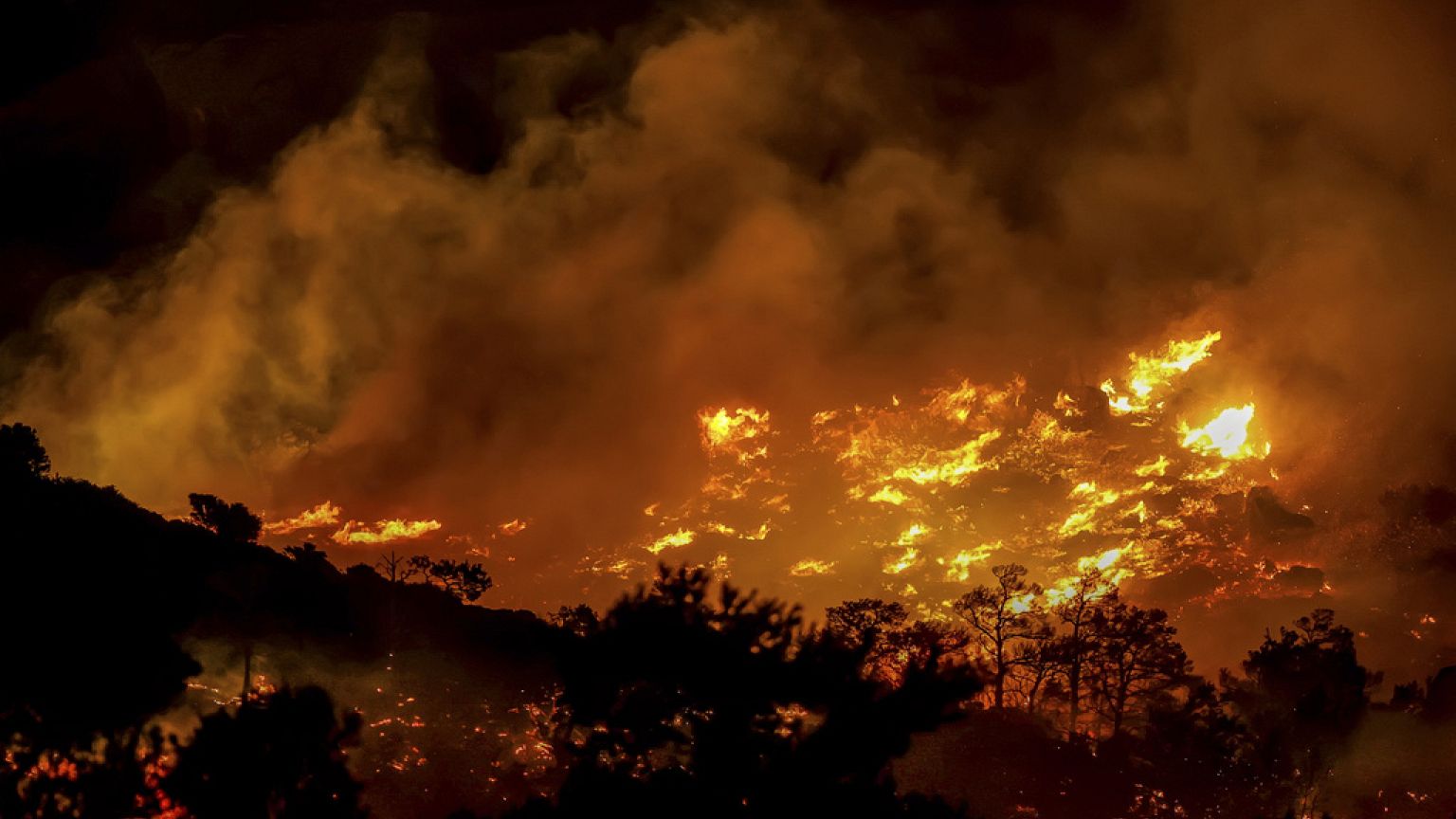
Introduction
The recent wildfires in Greece have captured global attention, underscoring the increasing frequency and severity of such natural disasters linked to climate change. As one of Europe’s most picturesque destinations, Greece’s environment is not only vital for biodiversity but also crucial for its tourism-driven economy. The wildfires have raised concerns over public safety, environmental degradation, and the economic implications for the nation.
Understanding the Current Situation
This summer, Greece faced overwhelming wildfires that engulfed vast areas, particularly in regions like Evia and the Peloponnese. Reports indicate that more than 1,000 hectares of land have been scorched, displacing thousands of residents and wildlife alike. The fires were exacerbated by extreme weather conditions, including prolonged heatwaves and strong winds. According to the Hellenic Fire Service, at least 855 separate incidents were recorded in just a few weeks, highlighting the urgency of the situation.
The Greek government and local authorities have mobilised extensive resources to combat these fires, deploying around 800 firefighters, supported by aerial firefighting units. Additionally, international assistance has come from countries such as Italy and Cyprus, showcasing a collaborative effort in fighting this crisis.
The Broader Impact
The environmental impact of these wildfires is devastating, leading to substantial loss of flora and fauna. Experts warn that the fires can lead to long-term ecological damage, affecting soil health and air quality. Furthermore, the economic ramifications for communities reliant on tourism are severe, as affected areas become less appealing to visitors. Rebuilding efforts will require significant investment and time, complicating the road to recovery for many local businesses.
Preparatory Measures and Future Prevention
In response to this alarming trend, the Greek authorities are initiating new strategies aimed at wildfire prevention and management. Investing in better forest management, enhancing firefighting capabilities, and improving early-warning systems are crucial components of these strategies. Furthermore, the government is considering adjusting land use policies to create firebreaks and develop better community awareness programmes.
Conclusion
The recent wildfires in Greece serve as a reminder of the urgent need to address climate challenges and invest in sustainable practices. The situation illuminates the importance of international cooperation and community resilience in facing natural disasters. Looking forward, continued efforts in public education regarding fire safety and ecological conservation will be vital for safeguarding Greece’s unique environment and the livelihoods of its people.
You may also like

Claire Throssell: Raising Awareness for Change

Understanding the Importance of Mental Health Day 2023

Understanding the Importance of Mental Health Day
SEARCH
LAST NEWS
- Remembering Wendy Richard: The Promise to Co-Star Natalie Cassidy
- How Did Anglian Water Achieve an ‘Essentials’ Rating for Mental Health Accessibility?
- Shai Hope Leads West Indies in T20 World Cup Clash Against South Africa
- What We Know About Weston McKennie: Future at Juventus and Past at Leeds
- What We Know About the Upcoming Live Nation Antitrust Trial